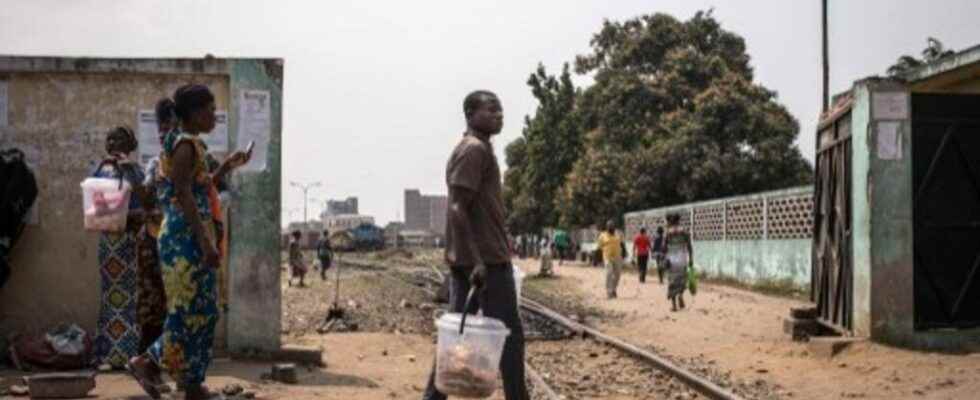Initiated by the government and supported by the World Bank and the United Nations Development Program (UNDP), they made it possible to identify the challenges and envisage solutions with a view to formalizing this sub-sector of the economy which employs more players than the public service and the private sector.
With our correspondent in Brazzaville, Loicia Martial
It was the Minister in charge of the Informal Economy, Inès Nefer Bertille Ingani, who closed the work which brought together at least 500 participants from various backgrounds. She presented the informal economy as a strong link in the Congolese economic system. However, the Minister recalled that this economy knows neither regulation nor taxation.
” Nearly 3,000 billion FCFA (more than 5 million euros) escape state accounting. It is simply a question of reorganizing this sector within the framework of the fight against poverty. »
The 3000 billion FCFA mentioned by Minister Ingani represent the resources generated by the informal sector, according to a government study carried out in 2017 which also specifies that it employs more than 73,000 people in more than 42,000 production units. During the meetings, the experts noted the causes of the phenomenon, which are in particular illiteracy, ignorance of the sources of financing or the low level of communication between the actors.
Among the solutions considered to meet these challenges, the experts proposed the establishment of regulations, training and the creation of an informal economy council. They are convinced that taxing the informal sector is possible by registering very small businesses.
